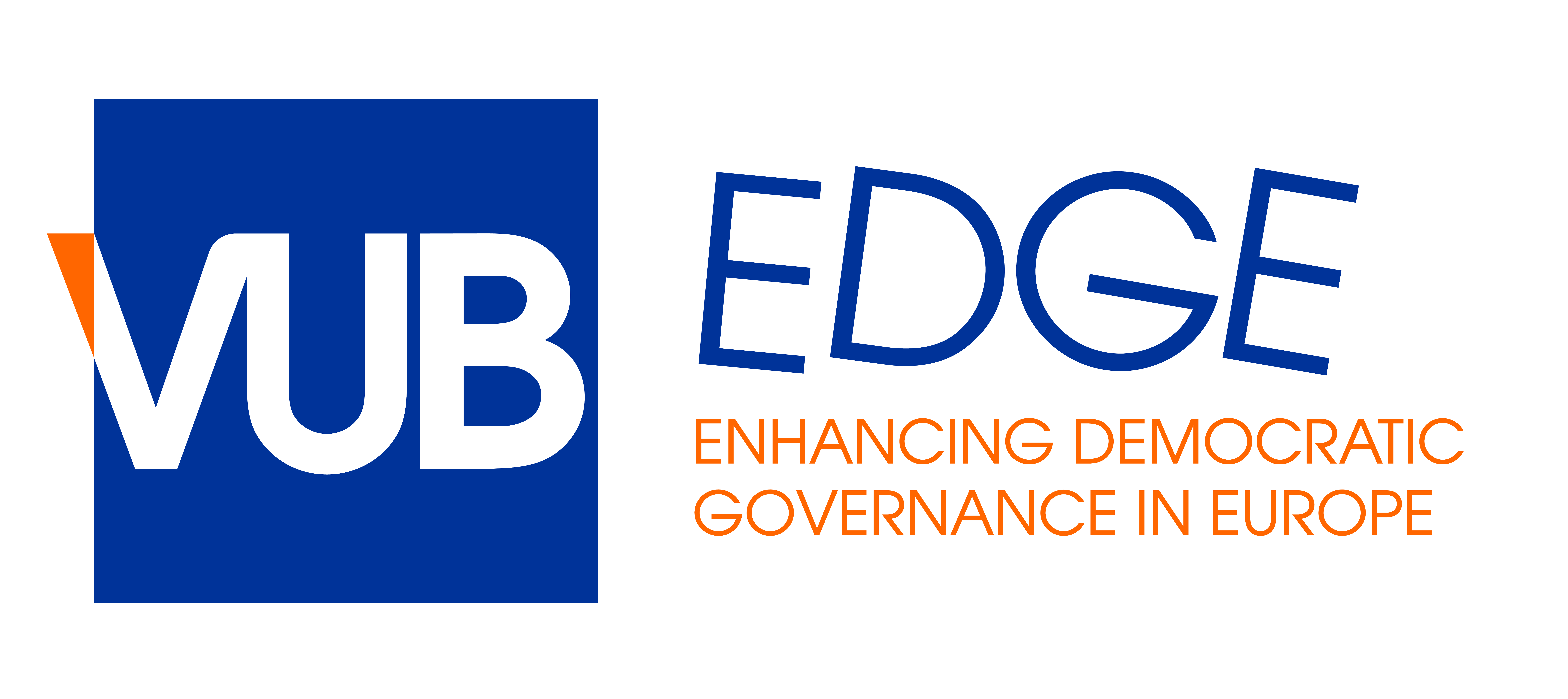
Metropolitan Governance in Digital Age: the EU's Influence on Local Governing in Istanbul
Inan holds a BSc. Economic and Social Policy from Birkbeck College (Uni of London) and MSc. European Public Policy from University College London.His interests mainly lie in the areas of good/democratic governance, urban/local governance, the EU's domestic influence across the borders (Europeanisation), the political instrumentalization of Information and Communication Technologies, and the link between everyday local life and transnational governance.
Inan will publicly defend his Thesis in an online event on March 2, 2021 at 3pm. TO JOIN THE DEFENSE, please follow the link http://bit.ly/2NXqOUg.
Meanwhile, here's a short interview to get to know a bit his work.
- Tile of the Thesis:
Metropolitan Governance in Digital Age: the EU's Influence on Local Governing in Istanbul
- Can you summarize your thesis in a few words?
As an international actor, the European Union (EU) is a relevant and significant actor in the everyday life of people across the borders. Accordingly, this research’s principal aim was to look at whether the EU mattered in the municipal use of Information and Communication Technology (ICT) in everyday governing processes when interacting with the citizens of Istanbul. Adopting an interdisciplinary transnational political sociology, it examined whether any EU influence played part in the formation of the current ICT-enabled metropolitan governance system. It came out from the study that the EU influenced these processes through the promotion of democratic governance and e-government policy diffusion which also paved the way for democratization at grass-root level.
- What is the main academic or societal contribution of your thesis?
The thesis approached Europeanisation research from a citizen-centric and everyday local-based understanding. It links everyday interactions between citizens and municipalities with the micro-, meso- and macro-level changes. Both the conceptual framework and methodological approach were designed in accordance with this focus. They worked well in explaining the EU's influence in everyday local life. Hence, the research contributes to Europeanisation and transnational studies in two ways. In terms of policy implications, the research findings are important for signifying the role of the EU in furthering democratic governance and instrumentalization of digital space for advancing everyday citizen action towards participatory democracy and governance both within and beyond the EU's borders.
- Could you share with us an anecdote related to your PhD-experience?
I remember one day talking to my supervisor Prof. Jamal Shahin at a cafe in Brussel. After long hours passed, I noticed the eyes of the waitress who, I guess, was questioning my sanity due to the talking performance. I was literally offloading all the theoretical readings and discussions in my mind to Jamal while he was remaining silent but enthusiastically listening. Yet, that day, I suspect that the waitress was not alone in her thoughts!
